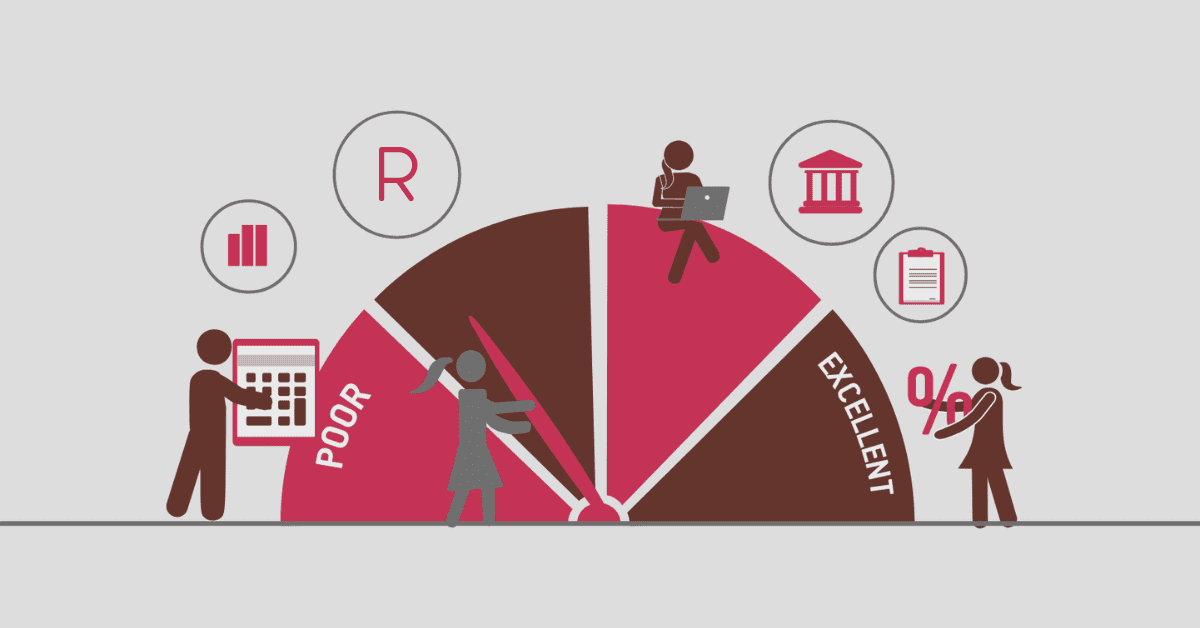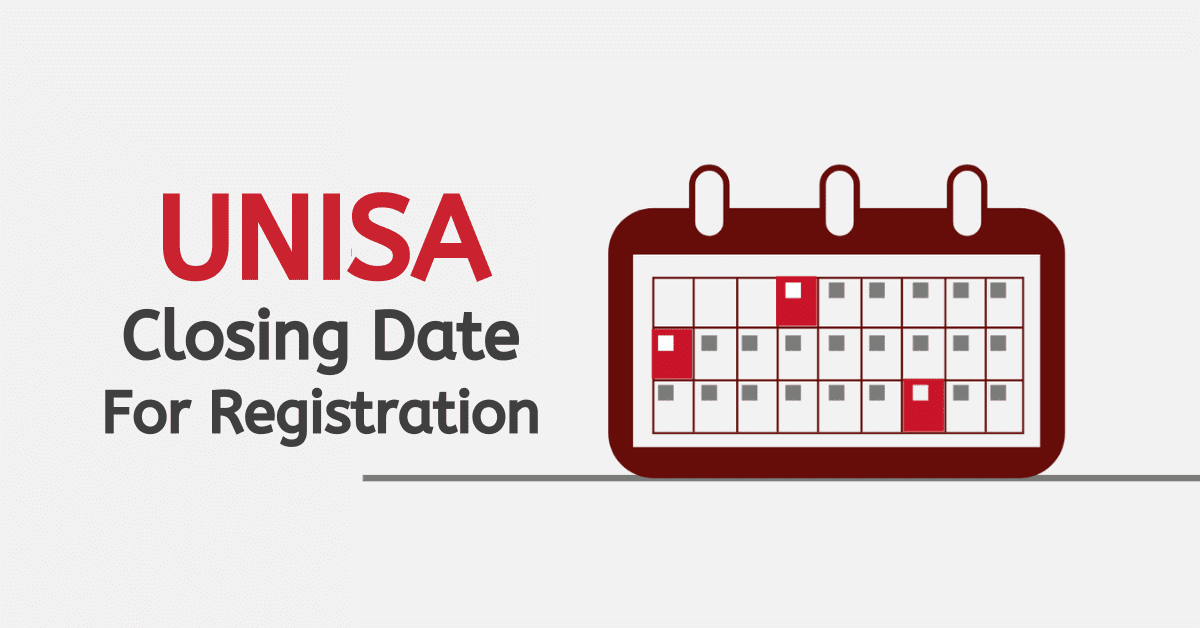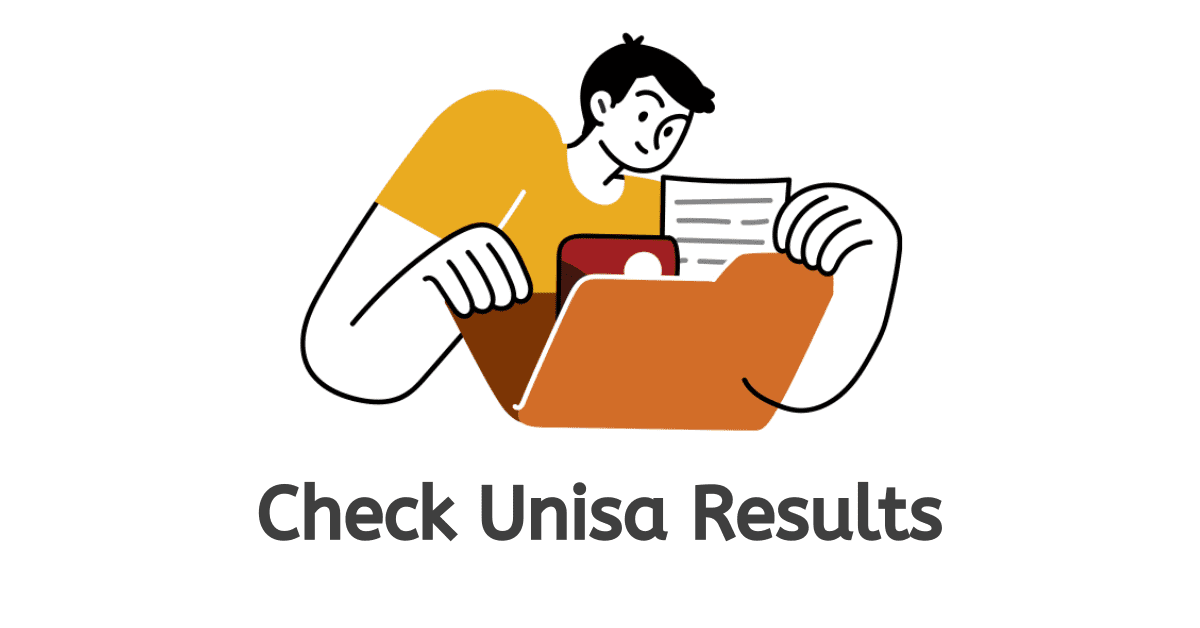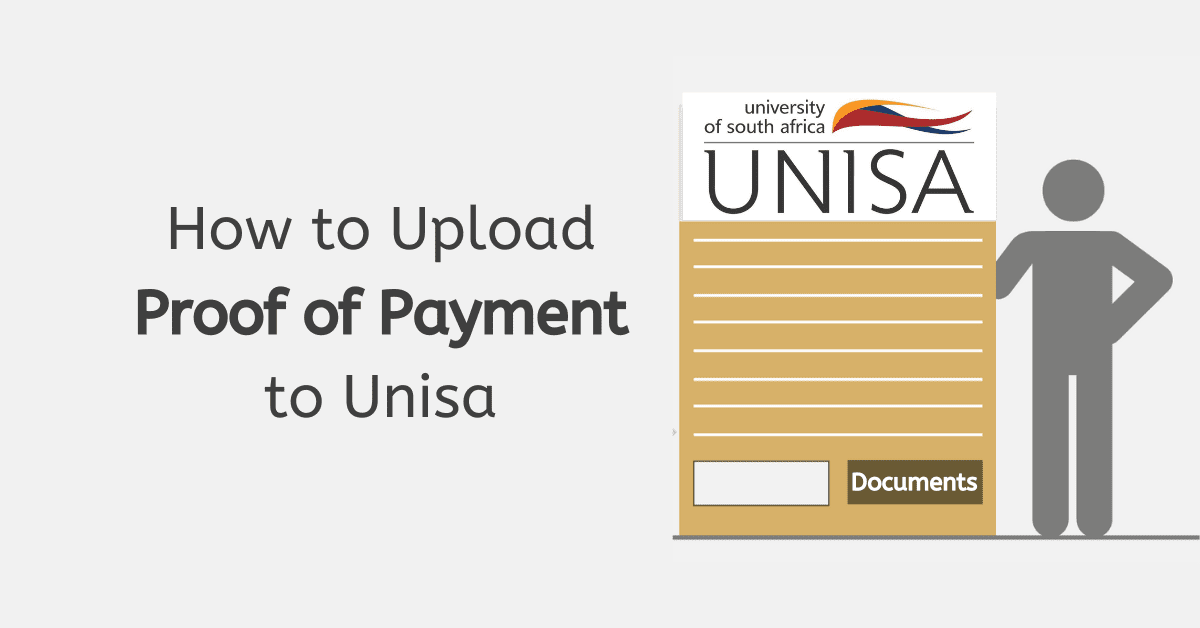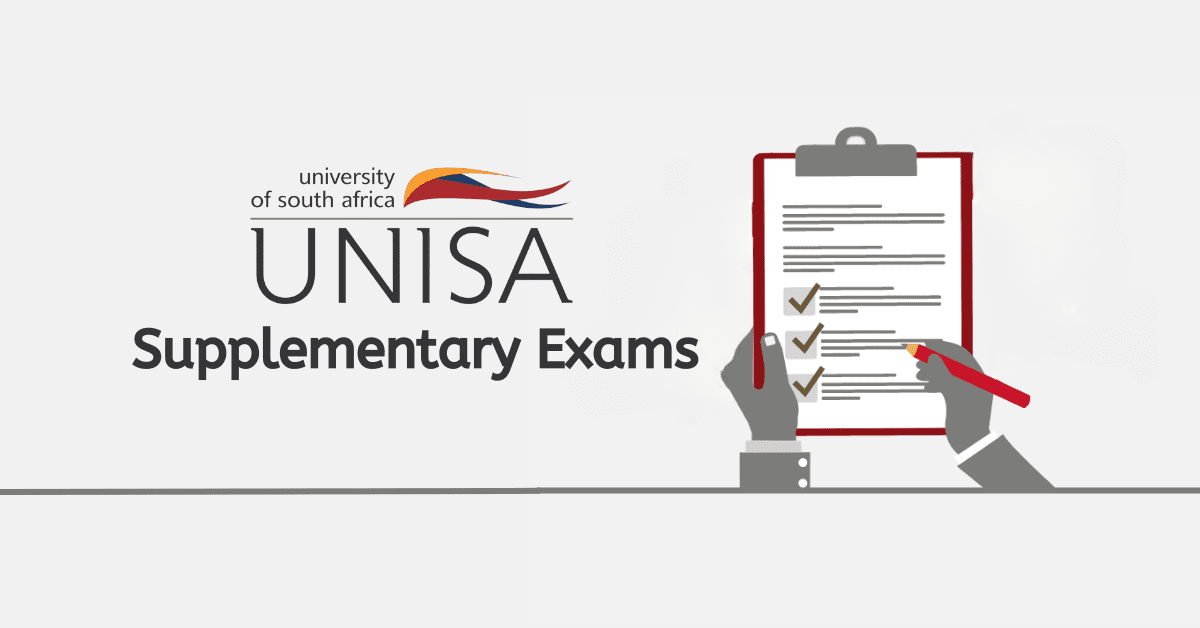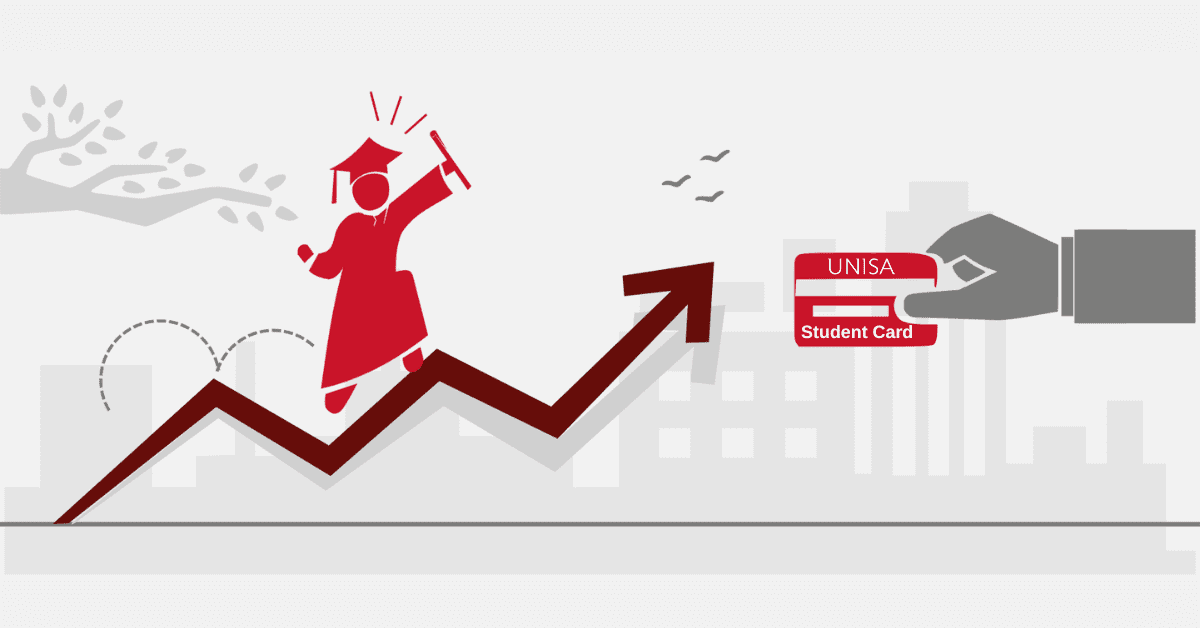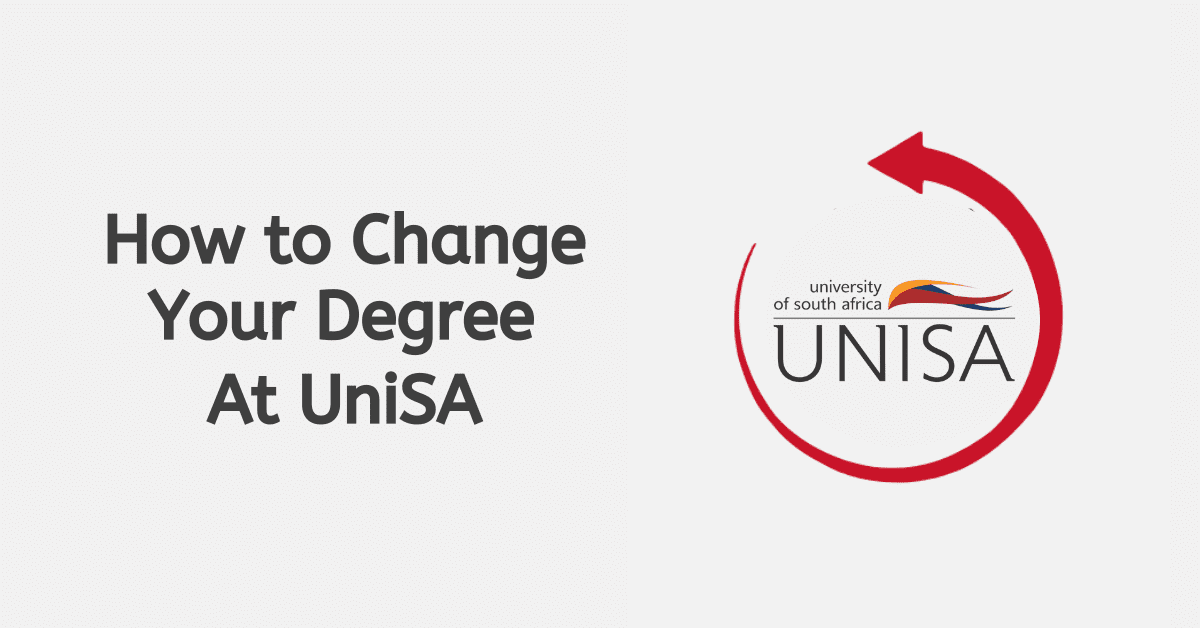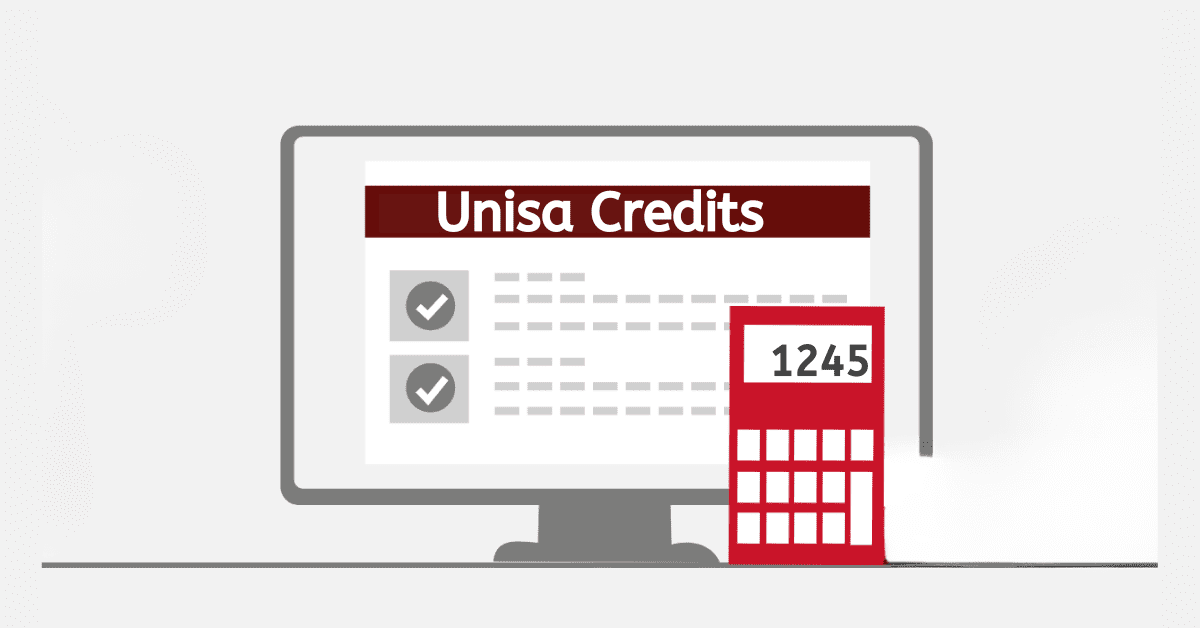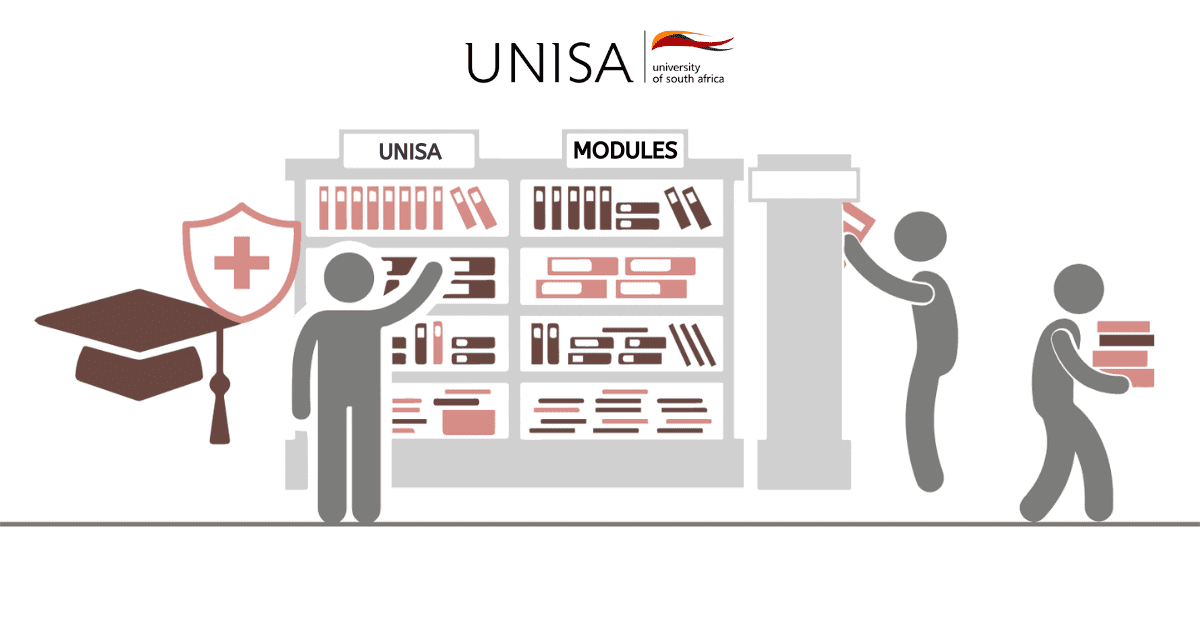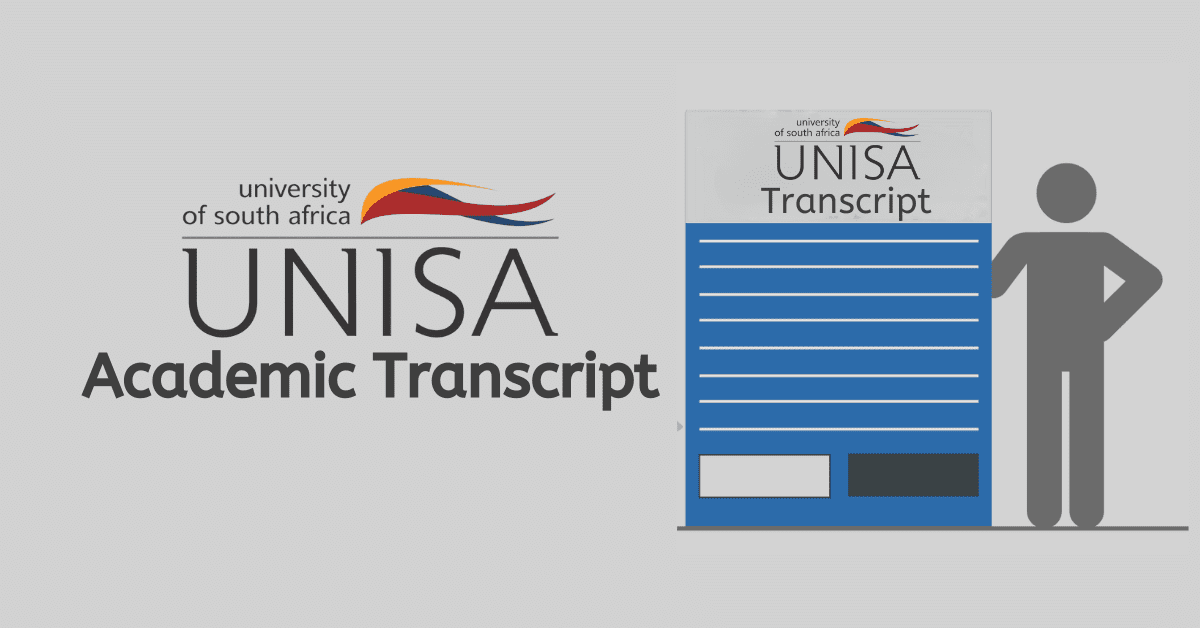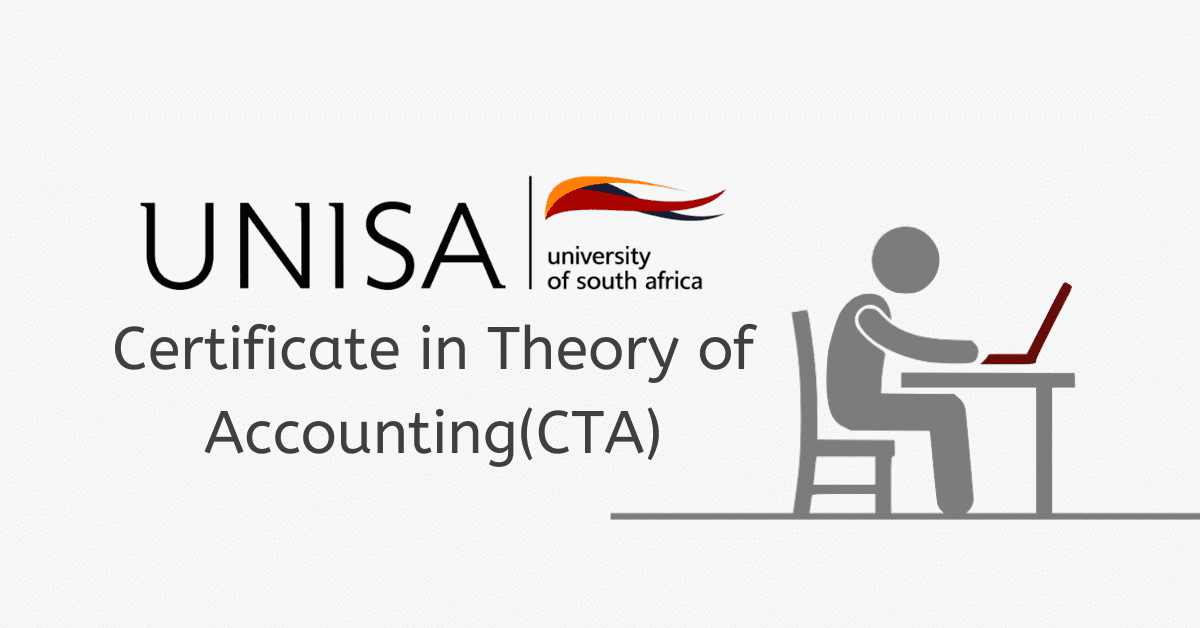How does it occur for UNISA students to have a negative balance? What does it even mean to have a negative balance at UNISA? These technical representations tend to confuse students. Most students may wish to know why and how they would have a negative balance on their UNISA platform.
Well, if you did not know about the negative balance, we will be taking you through the meaning of the negative balance and answering so many questions relating to UNISA’s negative balance and owing UNISA.
In the meantime, let us look at the structure of UNISA fees. Students need to understand how the fees work at UNISA so they don’t run into money problems while they’re in school.
UNISA’s fee structure includes tuition fees, miscellaneous fees, and other costs, which vary based on the student’s residency status and the program they are taking. Tuition fees cover the cost of teaching, while other fees cover things like registering, taking exams, and using the library, among other things.
If students don’t pay their fees on time, they may have a negative balance, which is the amount they still owe to UNISA. Many things can cause an amount to be owed, such as late payments, incomplete payments, or changes to how fees are set up.
Students should pay close attention to their fees, amounts owed, and negative balances to avoid any financial problems. Students should check their UNISA student portal daily to find out about fees, payment deadlines, and any changes to amounts owed or negative balances.
What does a negative balance mean at Unisa?
Negative balances on student accounts are a common occurrence in higher education. Typically, this happens when a student has paid for a semester or module but then drops a course, receives a scholarship or financial aid, or experiences a change in their enrollment status.
If you are a student at the University of South Africa and notice a negative balance on your account, don’t panic. This usually means that you have a credit or overpayment on your account. In other words, you have paid more than you owe, and the excess amount is sitting in your account as a credit balance. This can happen if you have received a bursary or scholarship covering your tuition fees or made a payment that exceeds your outstanding balance.
It’s important to note that a negative balance is not a cause for concern but rather an indication that you have a credit that can be used to pay future fees or refunded upon request. When a student pays more money towards their tuition fees or other charges than what is currently owed, it results in a surplus balance. This means the student has overpaid and has extra funds available in their account. It’s important to keep track of your account balance and understand the implications of having a surplus balance, as it may impact financial aid eligibility or future billing cycles.
In some cases, it indicates that a student has forfeited the payment of the right amount of fees or may have used some facilities that require payment but all withheld. Having a negative balance on your UNISA account
What happens when you owe Unisa?
When you are a student at the University of South Africa, it can be very bad if you owe money to the school. If tuition costs or other debts aren’t paid, a student’s account could be put on hold, stopping them from taking more classes, getting their transcripts, or graduating. There may be late fees, fines, and interest that add to the cost. The university could also go to court to get the money back, leading to a lawsuit, a lower credit score, and collection efforts.
Why is my student balance negative?
There are a few different scenarios that could lead to a student at the University of South Africa (UNISA) having a negative balance, including the following:
Late tuition or other university fees may cause a student’s account to be negative. This may happen if the student owes money from a previous semester or their financial aid doesn’t cover all tuition.
Overpaying tuition or fees might put a student’s account in the red. This can happen if the student makes multiple payments for the same expenses or has billing or payment issues.
They must pay any leftover fees if they drop a class after the refund deadline. This may happen if a student drops a course after the refund period or changes courses.
Invoicing errors or financial system defects seldom cause a student’s account to have a negative balance. Invoicing or payment issues may cause the student’s account balance to be incorrect.
Can I register while owing Unisa?
No, you can not register while owing UNISA. UNISA has indicated that students who still owe money to them can not register for courses there. Before registering for a module or course at the University of South Africa, you must pay off any fees or debts from earlier semesters. If you want to register for a program, module, or course for the next term, you must be in good financial standing with the university. This means paying any tuition fees, library fines, or other outstanding debts.
What happens if you are financially suspended at Unisa?
Financial suspension at the University of South Africa (Unisa) usually indicates you owe money. Unpaid tuition, library fines, or other financial obligations are examples. The financial suspension has major repercussions.
Consequences may include results withholding, penalties or fines, and denial of access to university facilities.
If you’re financially suspended, Unisa may withhold your exam results or transcripts, affecting your academic progress.
Late or re-registration costs may raise your financial burden if you are financially suspended.
Financially suspended students may be unable to register for subsequent semesters until their debts are paid, which might slow academic progress.
